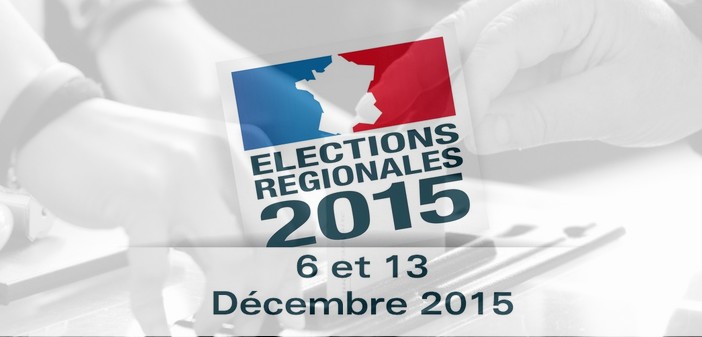The Regional Chamber of Commerce and Industry organized a debate in Marseille on October 29 regarding the economic orientations of the candidates for the regional elections.
However, it announced that it would limit its hearing to only three representatives from the Socialist Party, the “Republicans,” and the National Front, thus intentionally ignoring the list of “The Cooperative Region – Social, Ecologist and Citizen,” led by Sophie Camard and Jean-Marc Coppola.
A decision without any reason, depriving an electoral list of the opportunity to express its ideas and proposals. A peculiar conception of democracy, especially from a consultative chamber that is not a private club, quite the contrary!
Yet Sophie Camard and Jean-Yves Coppola had things to say!*
Our Region is too often a “transit point” for goods and travelers, a territory where economic decision-making powers are elsewhere (headquarters, shareholders…), where savings are more invested in real estate (but not social housing!) than in economic development.
With its limited means, a Region cannot act in place of the State and remains dependent on national and European policies. However, it must take its share, especially since its economic competence will be strengthened, as well as its ability to better coordinate its training policies with those of the State (including Pôle Emploi).
It can act:
With job seekers: Professional training competence, apprenticeships, local missions, and support for young people;
With job offerings: Public procurement, business support, innovation, and research.
Above all, it must know how to unite other institutional, economic, and social actors to create mobilization in favor of employment.
The creation of the two Metropolises, Nice and Aix-Marseille, was highly contested. Efforts must be made for the Region to conduct concerted policies in these essential living and working areas for our Region, in a challenging and conflictual political climate.
Outside the metropolises, the Region’s role is structuring to fight against feelings of abandonment, to support local employment in rural and peri-urban areas.
Supporting everyday professions
The Region’s economic policies are heavily focused on innovation, addressing the need to anticipate the future. However, the most needed jobs in our region are in the classic tertiary and residential economy: employees in hospitality, catering, and administration, salespeople, home helpers, nurses and nursing assistants, vehicle drivers…
The Region must support access to and enhancement of qualifications in these professions through its dual Economy/Training competence, as it has done with personal services, thanks to the actions of the Personal Services Hub and the IRIS Personal Services Training Fund.
It must also make more visible the support for the creation and accompaniment of small businesses, which are often small shops.
Jobs in services, transport, and construction are known to be induced by the dynamism of the productive economy: industry, agriculture/agri-food, health, energy, which creates a lot of added value and requires many providers.
This productive economy is at the heart of the energy transition and industrial changes.
Promoting new sustainable and responsible economic models
The Cooperative Region will promote sustainable and local, social and solidarity-based, cooperative, collaborative, and innovative economic models. It will support industries of the energy and digital transition, energy-efficient and low-waste, anchored to their territory. It will help develop a less productivist economy, less intensive in invested capital, raw materials, and consumed energy, but richer in jobs created.


